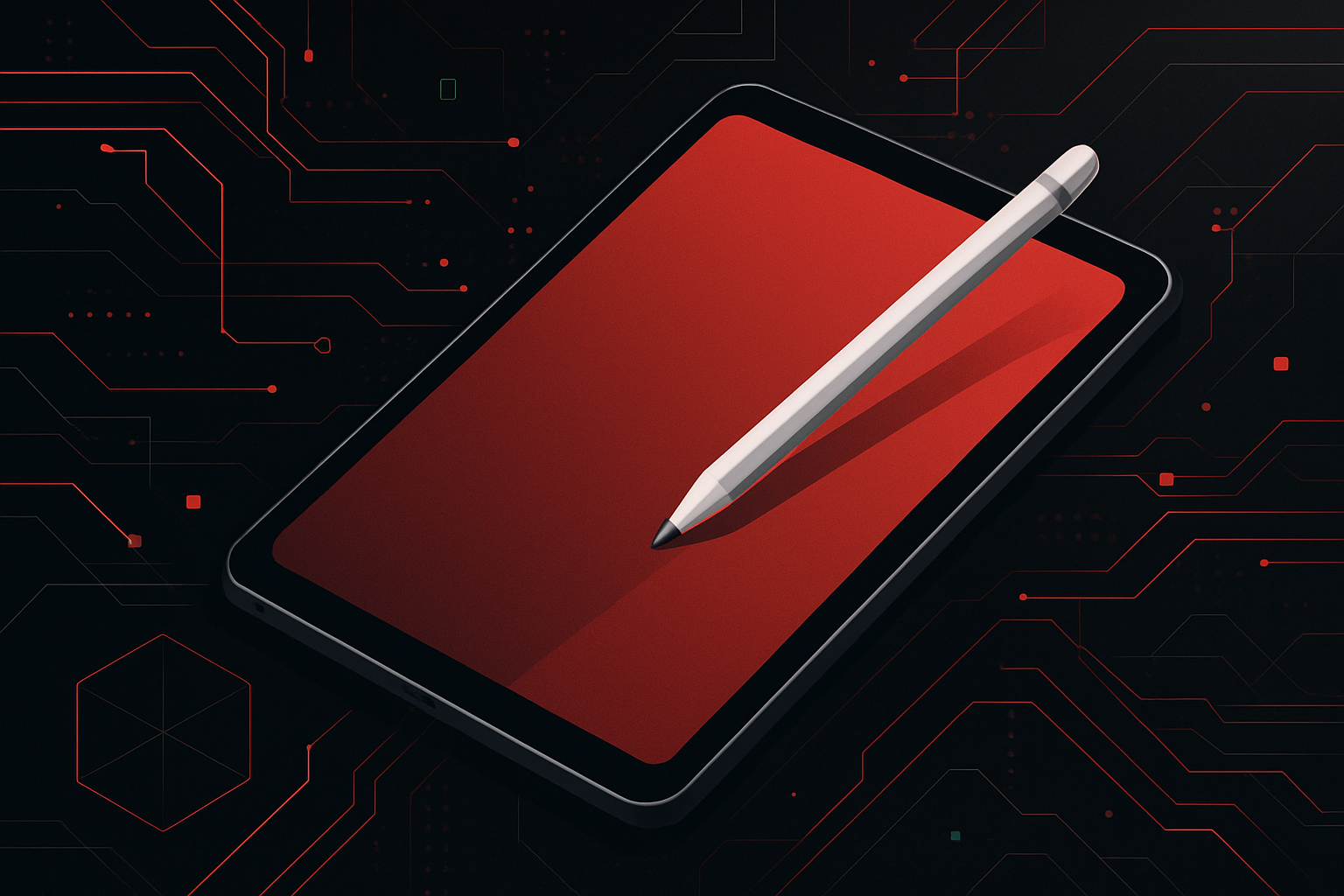Top Tools for Managing Remote Teams in IT

Communication Tools
1. Slack
Slack is a widely-used communication platform that integrates seamlessly with many other tools. It offers channels for team discussions, direct messaging, and voice/video calls.
- Features:
- Channels for organized discussions
- Direct and group messaging
- Integration with tools like Google Drive, Trello, and GitHub
-
Customizable notifications to manage interruptions
-
Example Use Case:
- Create a
#dev-teamchannel for development discussions. -
Integrate with GitHub to receive notifications on code pushes and pull requests.
-
Code Snippet for Integration:
“`bash
# Sample GitHub Action to post to Slack - name: Slack Notification
uses: 8398a7/action-slack@v3
with:
status: ${{ job.status }}
env:
SLACK_WEBHOOK_URL: ${{ secrets.SLACK_WEBHOOK_URL }}
“`
2. Microsoft Teams
Microsoft Teams is a robust platform for communication and collaboration, especially for organizations utilizing Microsoft 365 services.
- Features:
- Video conferencing capabilities
- Integration with Office apps like Word and Excel
- SharePoint for file sharing and collaboration
-
Advanced security and compliance features
-
Example Use Case:
- Use Teams for weekly project status meetings with video conferencing.
- Share and collaborate on project documents directly within Teams.
Project Management Tools
1. Jira
Jira is a powerful project management tool for agile teams, especially in software development. It helps in tracking issues, managing projects, and automating workflows.
- Features:
- Customizable Scrum and Kanban boards
- Advanced reporting and analytics
- Integration with CI/CD tools
-
Automation rules to streamline processes
-
Example Use Case:
- Use Jira to manage sprint backlogs and track issue statuses.
-
Automate notifications when tasks transition between stages.
-
Automation Example:
“`yaml
# Sample Jira automation rule for notifications
when:- issue transitioned
then: - send notification:
to: Slack
content: “Issue {{issue.key}} transitioned to {{issue.status}}”
“`
- issue transitioned
2. Trello
Trello offers a simple, visual way to manage projects using boards, lists, and cards. It’s ideal for teams that prefer a less complex tool.
- Features:
- Drag-and-drop interface
- Power-Ups for additional features (e.g., calendar view)
- Integration with tools like Slack and Google Drive
-
Automation with Butler for repetitive tasks
-
Example Use Case:
- Use Trello to track marketing campaign tasks with a board divided into “To Do”, “In Progress”, and “Done” lists.
- Implement Butler automation to move cards when due dates are reached.
Collaboration Tools
1. Confluence
Confluence by Atlassian is a knowledge management tool that allows teams to create, share, and collaborate on documents.
- Features:
- Page and blog creation for documentation
- Integration with Jira for seamless project linking
- Permissions management for secure content access
-
Templates for quick page creation
-
Example Use Case:
- Develop a shared knowledge base with technical documentation and team guidelines.
- Link Jira issues to detailed Confluence pages for in-depth analysis.
2. Google Workspace
Google Workspace provides a suite of tools for collaboration, including Docs, Sheets, Slides, and Drive for file storage.
- Features:
- Real-time collaboration on documents
- Cloud storage with Google Drive
- Integration with third-party apps
-
Security and administrative controls
-
Example Use Case:
- Collaborate on a project proposal in Google Docs with simultaneous editing.
- Organize project assets in a shared Google Drive folder.
Time Tracking Tools
1. Toggl Track
Toggl Track is a simple yet effective tool for tracking time spent on tasks, helping teams understand productivity and project costs.
- Features:
- One-click time tracking
- Detailed reporting and insights
- Integration with project management tools
-
Pomodoro timer for focused work sessions
-
Example Use Case:
- Track individual developer time on specific tasks to allocate resources efficiently.
- Generate weekly reports to analyze project progress.
2. Clockify
Clockify is a free time tracking software that allows unlimited users and projects, making it ideal for budget-conscious teams.
- Features:
- Time tracking with start/stop timers
- Timesheets for manual entries
- Reports and project overviews
-
Integration with tools like Trello and Asana
-
Example Use Case:
- Use Clockify for tracking time on client projects and billing accurately.
- Monitor team workloads through timesheet approvals.
Summary Table
| Tool | Purpose | Key Features | Best For |
|---|---|---|---|
| Slack | Communication | Channels, Integration, Custom Notifications | Real-time team communication |
| Microsoft Teams | Communication | Video Conferencing, Office Integration | Microsoft 365 users |
| Jira | Project Management | Agile Boards, Automation, CI/CD Integration | Software development teams |
| Trello | Project Management | Visual Boards, Power-Ups, Automation | Simple project tracking |
| Confluence | Collaboration | Documentation, Jira Integration, Templates | Knowledge management |
| Google Workspace | Collaboration | Real-time editing, Cloud storage | Document collaboration |
| Toggl Track | Time Tracking | Simple tracking, Reports, Pomodoro Integration | Productivity analysis |
| Clockify | Time Tracking | Free tracking, Unlimited projects | Budget-conscious teams |
These tools offer a comprehensive suite for managing remote IT teams, providing solutions for communication, project management, collaboration, and time tracking. By leveraging these technologies, teams can improve efficiency, enhance collaboration, and maintain productivity across distributed environments.





0 thoughts on “Top Tools for Managing Remote Teams in IT”